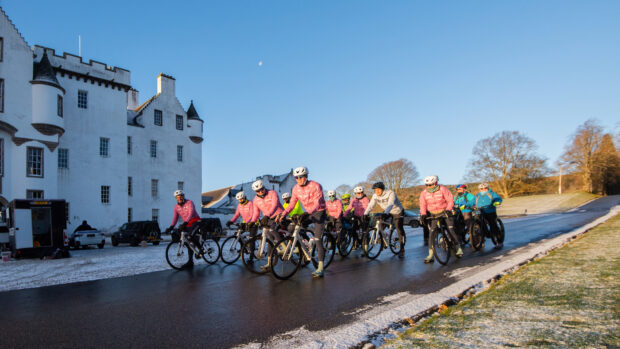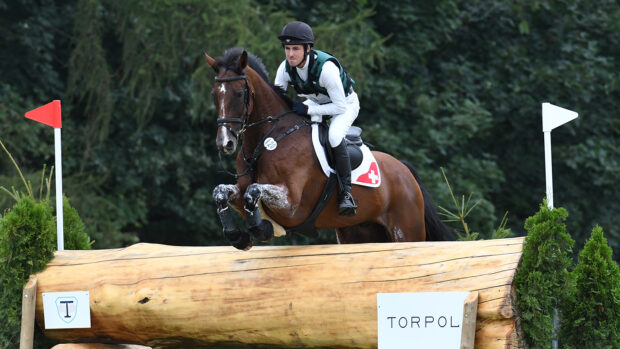A mother whose family has “been to hell and back” since her son was kicked in the head by a horse five years ago wants to use her experience to help others in a similar situation.
Nicola Leyland’s then-eight-year-old son Isaac suffered a fractured skull in the incident, in November 2013. But his brain injury was not officially diagnosed until 10 months later.
Mrs Leyland told H&H Isaac was spending the day with his grandmother, and had been feeding the horse when he was kicked.
“It was just a freak accident,” she said. “I’ll never know how it went from an idyllic scene, of a boy and his friend feeding a horse to him being kicked by it and needing rescuing.”
Isaac was taken to hospital, where he spent three days in a high dependency unit, and three days in a children’s ward. He was speaking again within 24 hours of the accident, and was allowed home after the six days, and told he could return to school the next week.
“But when we got him home, we realised how different he was,” Mrs Leyland said.
“He could only access about 50% of his vocabulary, and his emotions were all over the place.
“At first it was laughter; if he found something funny, he’d laugh hysterically and not stop – but then more aggressive emotions came out, like anger, and he couldn’t control them.”
Isaac was back at school part-time until the end of the summer term the next year, but has been home-schooled since September 2014 as he could not cope.
Thanks to the Children’s Trust, a charity supporting children with brain injuries, his injury was diagnosed that autumn.
“It took 10 months for him to be diagnosed, which was really tough,” Mrs Leyland said. “We needed that diagnosis to understand what was going on, and give Isaac the care he needed.”
Mrs Leyland has since found out through the trust that only 25% of children’s brain injuries are diagnosed.
“Living with a brain injury and not knowing you’ve got one is awful,” she said. “Experts can tell, but for an awful lot of people, it’s not visible, which is tragic. People think, why’s that child naughty, or angry, which is incredibly destructive.”
Isaac is now starting to overcome the agrophobia, the anger and the anxiety caused by his injury, and Mrs Leyland said his positive experiences help his recovery, which then makes him feel able to do more.
“In retrospect, I think he needed these four years to get his system calm, and in the right place for recovery and repair,” she said. “But I now really want to use this to help make a change.”
Mrs Leyland has started a blog, Ruffled – Unruffled, which she hopes will become an online resource for other families.
“I’d like to have interviews with families, practitioners, lifestyle tips, nutrition information – it feels like I’ve read a million books in the last few years, trying to find things out.
Continues below…

‘He’s given me the confidence to keep going’: brain tumour survivor finds salvation in saddle
Katie Atkinson has shared her story as charity Headway marks its 2017 Action for Brain Injury Week

‘He looked after me when I needed him’: how horses helped Jo Barry come back from major brain injury
Find out more about this dressage rider who suffered a serious brain injury after a fall from a horse, and

Subscribe to Horse & Hound magazine today – and enjoy unlimited website access all year round
“I’m really driven to make a change, but I can’t do it on my own. I can write to a degree, and speak at conferences, but it would be great to have someone to help with the website, and the financial implications.
“I think it needs to be a big project, as so many families are affected by child brain injury. If they’re undiagnosed, it can do so much harm, as they’re then not put on the right path to recovery.”
For all the latest news analysis, competition reports, interviews, features and much more, don’t miss Horse & Hound magazine, on sale every Thursday.





